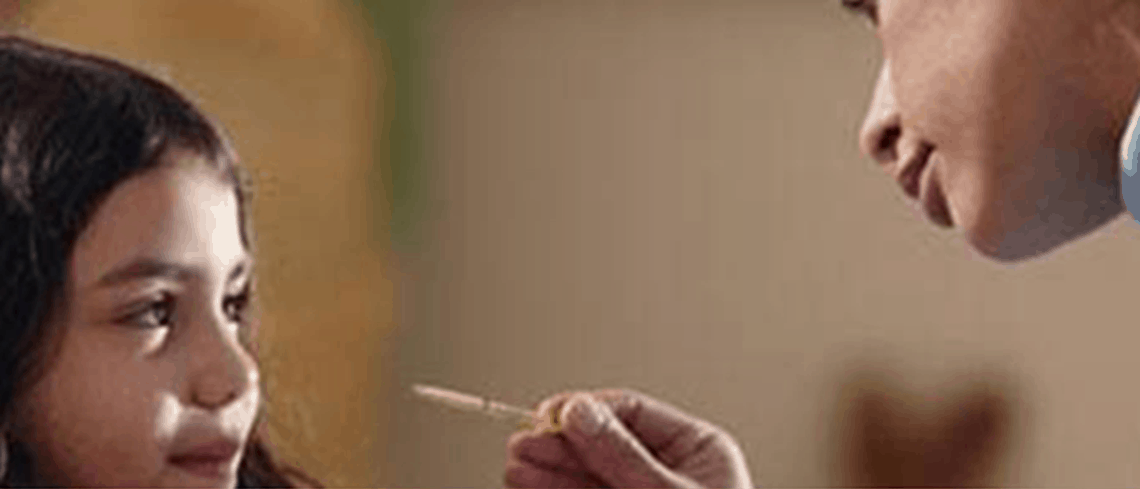Six Reasons Why Children Need Extra Protection These Days
A recent survey conducted with several mothers found that mothers today have developed a hygiene obsession due to various illnesses that make children sicker these days.
They also believe that today's children are exposed to more threats than before. Also, felt that children, in general, seemed to be falling sick more often than before.
This is an increasingly worrying trend that seems to be on the rise. But why are children today more vulnerable than we used to be? What is causing this adverse effect on them? Does home care need to be better these days?
Well, this is due to several external as well as internal factors. So let’s understand these factors and determine the six main reasons why children need extra protection these days.
Evolved Germs
Over time, medical science and innovation have developed by leaps and bounds, but so have germs.
We have been actively searching for cures and treatments for preventing diseases and infection control. But unfortunately, this has caused some resilient germs to become immune to these medications.
As a result, not only are these germs affecting our children, but they are also becoming drug-resistant, which makes combating such bacterial and viral infections and diseases a lot tougher, thereby making children sick for a longer duration.
Lower Immunity
Unfortunately, children in a dynamic state of growth with their immune systems still developing may be unable to fight modern illnesses at the pace that these germs tend to grow and multiply.
Children’s immune cells often cannot recognize and react appropriately to newer and stronger germs. As a result, the child’s body has not yet been able to build up a defense mechanism to avoid infectious diseases effectively.
More Frequent Medication
As the number of germs and illnesses increase, it is obvious that so will the medication. Unfortunately, concerned parents often think popping pills is the solution to recurrent infections and other ailments.
However, while the medicine is important for the child, paranoid parents tend to go overboard, sometimes even at the first sneeze!
As a result, many children are put on antibiotic medication at the drop of a hat - a practice that will not hold our children in good stead in the long run, as they will slowly become dependent on external aid rather than rely on their inbuilt immunity.
More Germs, Pollution, and Allergens in the Environment
Now and then, we come up against new viruses and diseases, which were completely unheard of a few years ago and are suddenly a huge threat - whether it’s Coronavirus, Swine Flu, Bird Flu, or even the Ebola virus.
Ever wondered why such diseases reached massive proportions? It’s because the environment is becoming more and more favorable to the growth and multiplication of such germs, bacteria, and viruses.
In addition to these pathogens, pollution and allergies act as irritants in the environment that further reduce our children’s immunity.
Hygiene Habits and Routines Not Enough
As the environmental reality is changing for the worse, there is a growing need for more evolved protection from germs, bacteria, viruses, and diseases.
More than basic hygiene habits and routines, such as adopting effective and healthy hand washing steps with antibacterial soap or liquid hand wash, and bathing or showering with body wash, are required.
Not Enough Sleep
Sleep plays a crucial role in health. The body uses its time asleep to recover and rest to prepare for the next day.
Children that do not get enough sleep can disrupt this process and have consequences for the next day. Sleep deprivation can cause
- Irritability
- Difficulty processing thoughts
- Inability to concentrate
- Drowsiness
Over time, sleep deprivation can have more serious consequences. Sleep deprivation can increase the risk of
- Obesity
- Diabetes
- Heart disease
- High blood pressure
- Depression
With changing times, there is a growing need to switch to an all-inclusive hygiene routine, from basic hygiene habits to cleaning and disinfecting your children’s clothes, toys, school bags, and other possessions regularly with antibacterial cleaning products such as disinfectant spray, multiuse wipes, and antiseptic liquid.
In addition, as a modern-day mother, you should ensure that your children abide by food hygiene and safety rules and eat a balanced and nutritious diet to help them build better immunity and strength instead of relying on medicines to do the needful. After all, prevention is always better than cure!
FAQs
What are the six most common illnesses of childhood?
The six most common childhood illnesses are:
- Cold and flu
- Ear infection
- Strep throat
- Chickenpox
- Pneumonia
- Constipation
What are the best practices for keeping children healthy?
Here are some of the best practices to keep children healthy:
- Exercise
- Reduce screen time
- Stay up-to-date on immunizations
- Practice healthy eating habits
- Help your child deal with stress and anxiety
What is the biggest health risk for children?
Adults rate childhood obesity as the top health problem for children. In addition, after childhood, obesity, depression, stress, and teen pregnancy are the biggest health risks to children.
